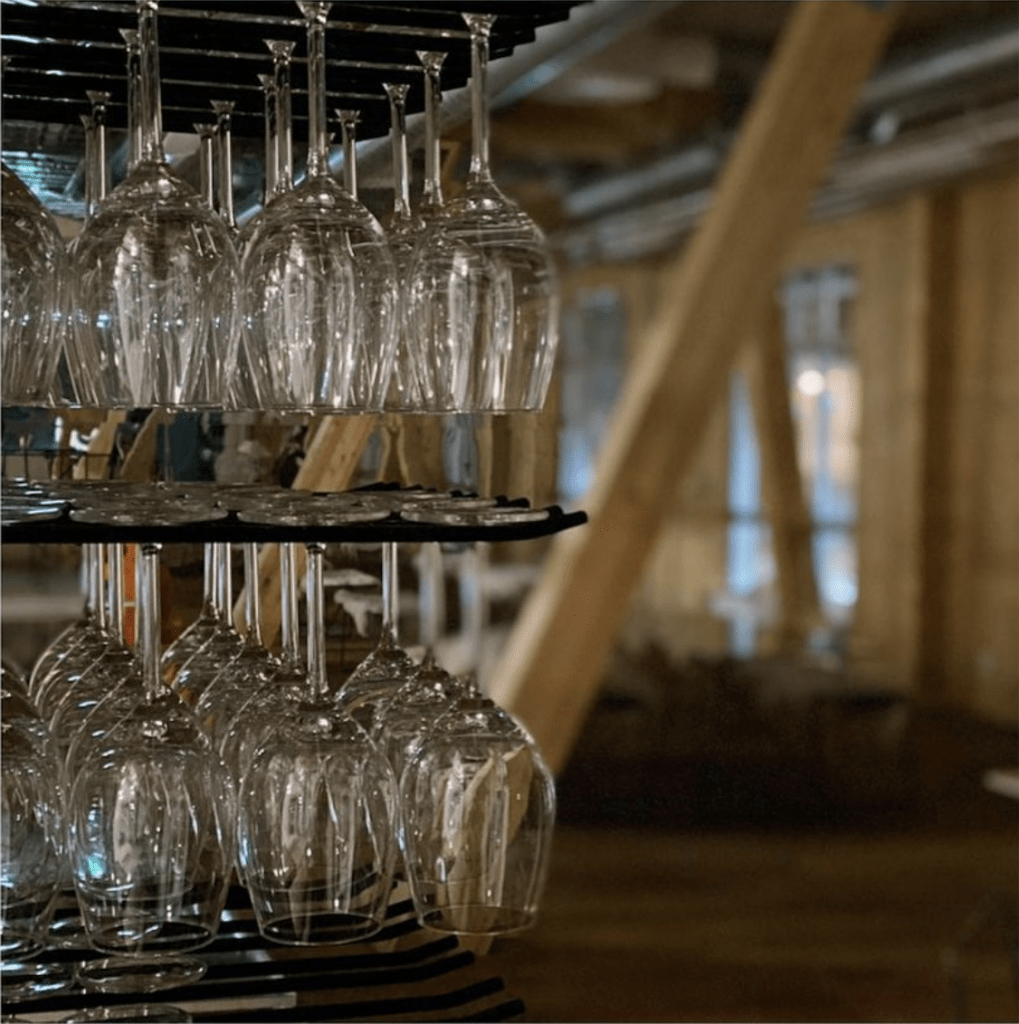Last Thursday, a new restaurant opened in Duved. One of the Greengoats was there, and instantly discovered that this restaurant isn’t just another restaurant, but the very essence of what we all have to do if we want humanity to survive on this earth, namely setting sky-high targets for ourselves.
We are good at thinking incrementally, taking it step by step. We spend a lot of time on research, change some bits and pieces and then offer our customers an upgraded product that is ten percent better than the previous one. That’s how we work, year after year. Suddenly someone shows up and offers something revolutionary which helps the development to take a giant leap – electricity, the printing press, vaccines, fertilizers, the internal combustion engine and so on. We then move on step by step again, now on a higher level. Five percent better, ten percent better. That’s how we do it.
All alarms are ringing
As we all know, we have taken giant leaps and changed bits and pieces for a while now, resulting in a world order where we won’t survive as a species. All the alarms are ringing, and the planetary boundaries are holding their breath, on the verge of rupture. And what are we doing? Well, we’re wondering if we should eat a little more vegetarian, maybe one day a week anyway? The companies throw a in hybrid car into the company car policy and the municipalities set up a committee to reconsider a cycle path. Baby steps, just as we’re used to.
But it’s not enough! Incremental is old fashioned. We need a revolution; we need disruption and brave people that dare to set sky-high targets that make real change.
Back to the restaurant. It all started with Fäviken Magasinet, you know Magnus Nilsson’s restaurant on the back side of Åreskutan in Jämtland, the one that rather quickly received two Guide Michelin stars and then closed a couple of years ago. Well, Marion’s and Victor’s story began, of course, much earlier, but they were working at Fäviken when the restaurant closed and needed to decide upon the next step in life.
Starting a revolution
They decided to start a revolution in the form of a restaurant in Duved with locally produced, good food. No revolution in itself perhaps but listen carefully to the third aspect: the restaurant will be completely waste-free.
The timing was perfect, because at the time, the development project Duved Future was looking for someone who wanted to start a restaurant with locally produced food, so Marion and Victor decided right away to go for it when they got the question.
So, no waste. Is that even possible? When I talk to Victor, Marion is on her way to Åre coffee roastery to pick up coffee in the restaurant’s own containers. They do the same with flour, milk, meat – everything. Nothing that is packaged enters the restaurant.
– The trick is to skip the retailers and buy directly from the farmers, Victor says. It is a challenge when it comes to products that are not produced in Jämtland. Salt for example. Right now, they purchase salt from Iceland that arrives by boat. Not ideal, but a start.
– We are not there yet. As I said, we opened last Thursday. It will take several years, but we know we will succeed, he says.
Making the impossible possible
The same applies to coffee and wine, products that you need to have in a restaurant but that can hardly be produced on the mountain side of northern Sweden. Solutions remain to be found, but the thing is that the tough targets in themself mean that ideas are born and new collaborations are created. The impossible becomes possible.
Victor has lots of stories to tell. It is a fact that if you want to buy cream without packaging, you need to take the skim milk too. For every five liters of cream, you get 95 liters of skim milk. You can of course bake bread and make sorbet ice cream with it, but a small restaurant cannot consume those quantities of skim milk. So, what do you do? Victor and Marion convinced a nearby farmer, Olov Östling, to adopt five pigs. They love skim milk. In addition, they love mash, a biproduct from the beer production at Svartbergets mountain brewery in Duved. The alternative would be to send it to Norway where they make biogas from it, and then send it back to Sweden.
Last fall, Victor and Marion bought a whole cow from Olov Östling. How do you freeze an entire cow without plastic? After much discussion, they decided to try dipping each piece of meat into the excess fat from the cow, which created exactly the oxygen-free protection they needed. Would that have happened if the restaurant had aimed to reduce their use of plastic by ten percent? No way.
What should be costly – waste or no waste?
After talking to Victor on Wednesday night, I started cooking dinner together with one of the sons. It was just amazing how much plastic we threw into the recycling bin. The cheese was in plastic, the cucumber, the chicken, the salad… I told my son about the restaurant in Duved and he was silent for a while, then said: That must be an expensive restaurant.
It’s not. The price issue is important for Marion and Victor. They want the restaurant to be a place for families and friends and then it must not cost too much. So, they need to work smart.
But the question remains: shouldn’t it be the other way around? Shouldn’t it be very expensive to run a restaurant that produces waste?
No other animal on the planet produces waste. We too have to stop doing that. And we have to stop with a lot of other unsustainable things too. It is possible if we dare to set sky-high targets.
A good start is to visit Victor’s and Marion’s restaurant in Åre for some food. Together with their two employees, Jake and Joe (two brothers, raised on a biodynamic farm in Cornwall, England, who also worked in Fäviken at the time), they have lots of stories and inspiration to share.
Victor and Marion take a lot of inspiration from nearby farmers, but also from other chefs with the same mindset, such as Dan Barber’s book The third plate and Douglas McMaster and his restaurant Silo in London. He has also written the book The zero waste blueprint.


